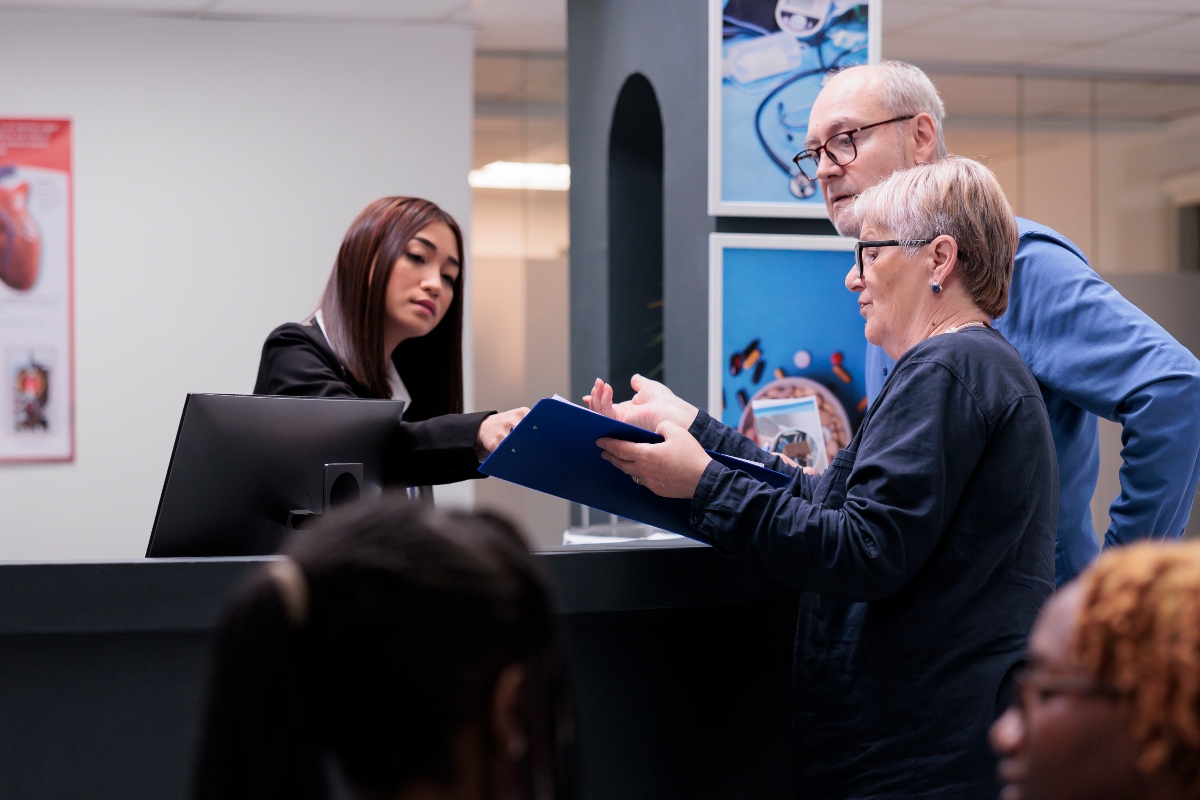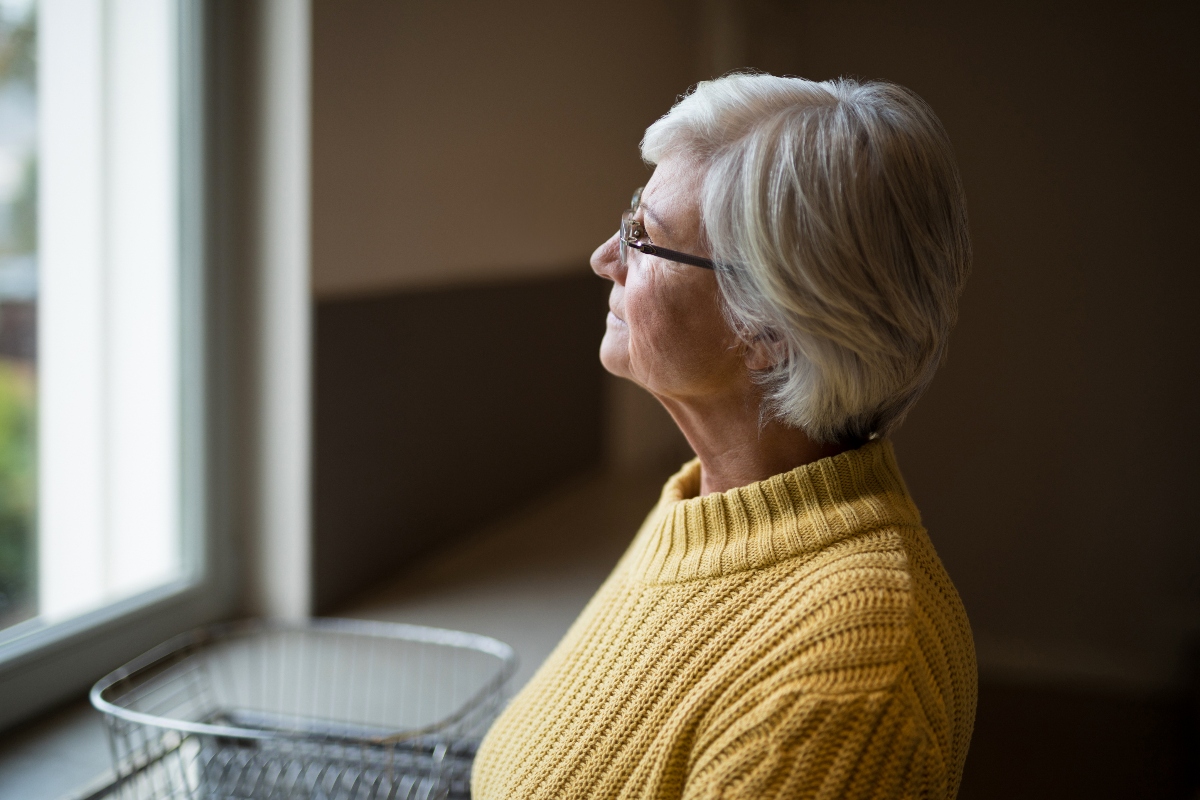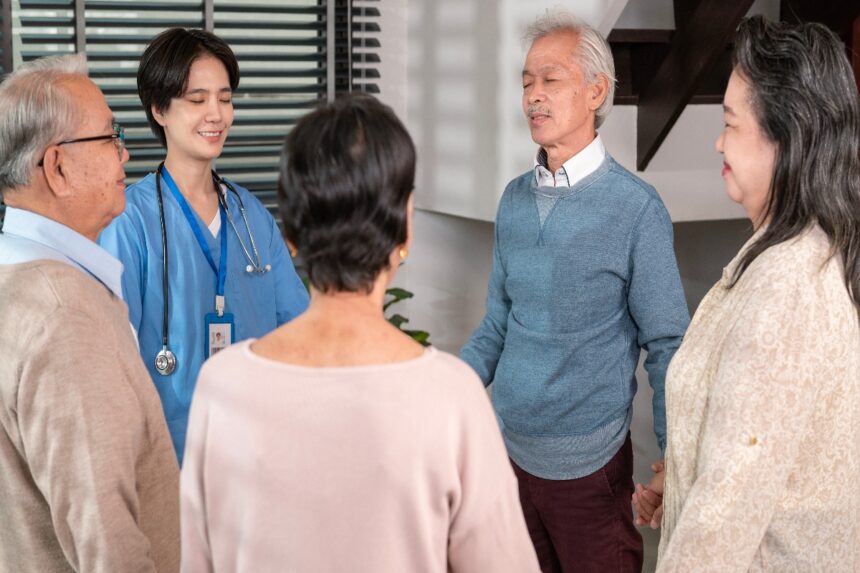Caring for an older adult is a labor full of love, but also of great challenges. In the U.S. Hispanic community, caregivers play a crucial role in the well-being of their loved ones. With the right combination of patience, resources and knowledge, it is possible to provide quality care that respects the culture and specific needs of Hispanic seniors.
According to the National Hispanic Council on Aging(NHCOA), Hispanic caregivers face unique challenges, such as language barriers, limited access to health services and lack of information about available resources. Here, QueOnnda.com shares a guide with practical tips to make this job easier.
1. Know your needs

Older adults have different needs, so it is important to know their health status, habits and cultural preferences.
Key aspects to consider:
General health status and chronic diseases.
Traditional food preferences.
Daily routines and recreational activities.
Tip: Make regular medical visits for proper monitoring.
2. Access to health services

There are programs and clinics that specialize in serving the Hispanic community, offering free or low-cost health services.
Cuidar de un adulto mayor es una labor llena de amor
QuéOnnda.com
Useful resources:
Community health centers with bilingual staff.
Medical assistance programs such as Medicaid and Medicare.
Local organizations that offer support for caregivers.
Tip: Search online resources or reach out to community organizations for additional help.
3. Emotional care

Emotional well-being is as important as physical health. Loneliness and depression are common problems in older adults, so it is crucial to encourage their social interaction, and their caregivers can help.
Strategies to improve emotional well-being:
Encourage participation in social and cultural activities.
Maintain open and constant communication.
Create a home environment that respects their traditions.
Tip: Encourage the older adult to stay active with hobbies and social contacts.
4. Taking care of yourself

Caring for an older adult can be an exhausting task. It is important that caregivers also take care of themselves to avoid physical and emotional exhaustion.
Tips for caregivers:
Make time for self-care and relaxation.
Seek support from family members or support groups.
Do not be afraid to ask for professional help when necessary.
Tip: Remember that taking care of yourself will allow you to take better care of others.
Providing care to Hispanic older adults is a responsibility that requires dedication, love and knowledge, something that is carried out by their caregivers.
Leveraging available resources and fostering an environment of respect and cultural understanding will make a difference in the quality of life of our loved ones.























